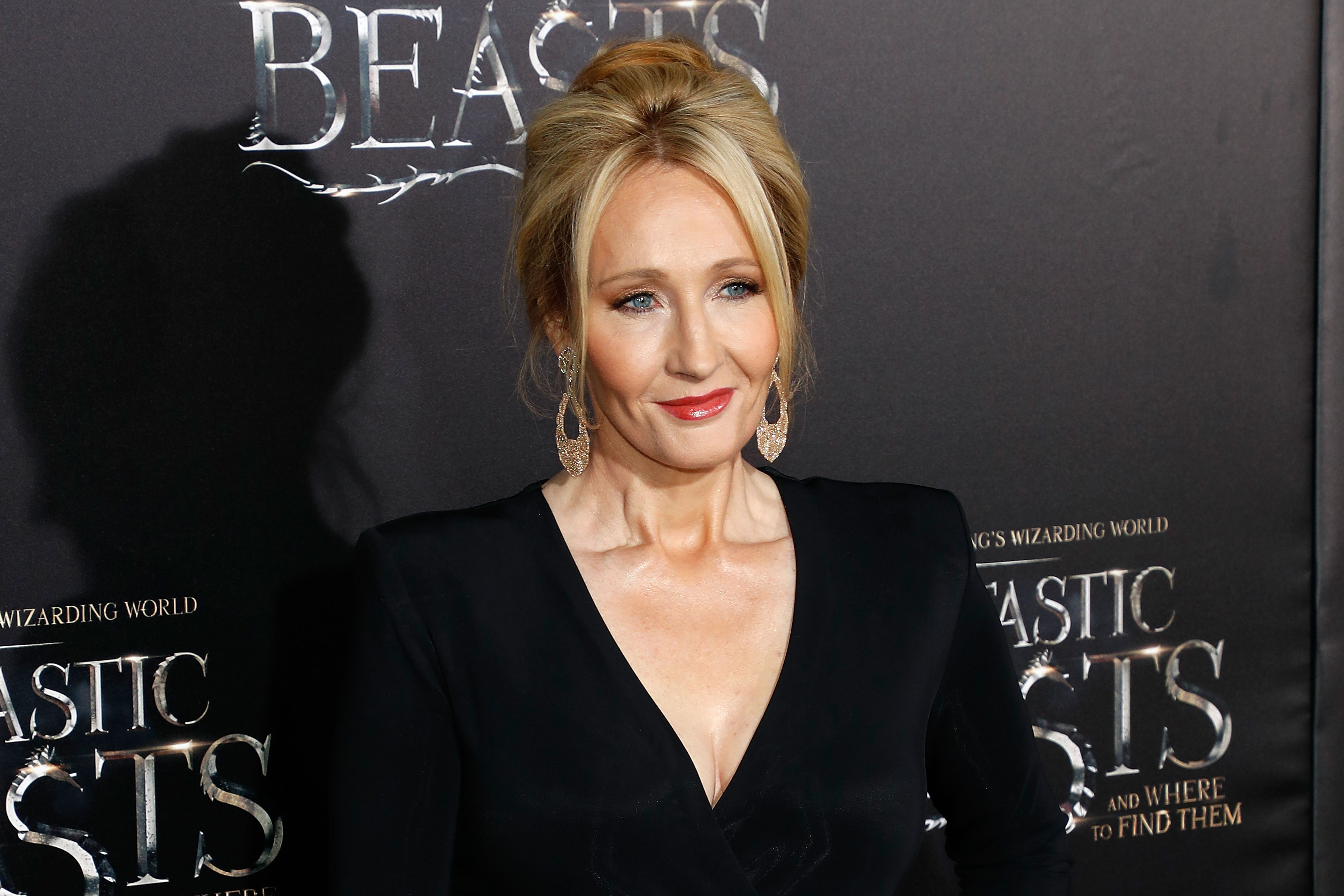JK Rowling has recently come under fire for the casting of South Korean Claudia Kim as the character of Nagini in the upcoming Fantastic Beasts: Crimes of Grindelwald. In a new plot twist, Rowling has revealed that Nagini was once human – a secret she has claimed to have kept for 20 years. Critics say that as one of the only women of colour in the franchise, the character of Nagini is nothing more than the racist trope of the submissive subservient Asian woman.

Rowling’s recent revelation has been labelled by some as a move to diversify the series last-minute, and gain ‘internet woke points.’ However the possibility that Rowling has known all along that Nagini would be human is more troubling. That means she deliberately reduced one of the only ethnically diverse characters with a remotely relevant storyline to be Voldemort’s wet nurse.
Independent’s Biba Kang writes “when there are only a couple of non-white characters to choose from, a racially stereotypical portrayal is unlikely to be a coincidence.” When this is just the latest in a long line of Rowling’s problematic stereotypes, it’s even less likely to be a coincidence.
The world has changed a lot since 1997, the year The Philosopher’s Stone was published. The 2010s brought us #MeToo and #BlackLivesMatter. They also brought the phrase ‘liberal snowflake.’ Now is the time of social media justice, twitter callouts, and what you have probably heard referred to as ‘POLITICAL CORRECTNESS GONE MAD.’ (No, Graham, no one is coming for your right to use the words ‘boy’ or ‘girl’).

In 2018 we are better equipped to understand how damaging the woefully two-dimensional characters of Cho Chang and Parvati and Padma Patil were for the HP fanbase. Don’t get me started on the pathetic story arc that was given to The Cursed Child’s Panju. **SPOILER AHEAD** Panju, Wikipedia tells me, is an island north of Mumbai. Ron Weasley and Padma Patil would no less call their son ‘Panju,’ than you might call yours ‘Shetland Mainland.’ Not to mention that ‘Cho’ and ‘Chang’ are two Korean surnames. 20 years ago this sprinkling of ethnically ambiguous names might have been enough to give Rowling the woke points she so desperately craves, but it won’t today.
 This isn’t the first time Rowling has retroactively inserted a bit of diversity. In 2015 when Rowling tweeted her support for the casting of Noma Dumezweni as Hermione in the theatre adaption of The Cursed Child, she seemed to be hinting that she has always intended the character of Hermione to be black: “brown eyes, frizzy hair and very clever. White skin was never specified. Rowling loves black Hermione.” (Minus points for talking about yourself in third person.) When Hermione has been described time and time again to be ‘pale,’ and other peripheral characters like Lee Jordan were specifically labelled ‘black,’ it seems unfair that Rowling tried to take any credit for the casting decision.
This isn’t the first time Rowling has retroactively inserted a bit of diversity. In 2015 when Rowling tweeted her support for the casting of Noma Dumezweni as Hermione in the theatre adaption of The Cursed Child, she seemed to be hinting that she has always intended the character of Hermione to be black: “brown eyes, frizzy hair and very clever. White skin was never specified. Rowling loves black Hermione.” (Minus points for talking about yourself in third person.) When Hermione has been described time and time again to be ‘pale,’ and other peripheral characters like Lee Jordan were specifically labelled ‘black,’ it seems unfair that Rowling tried to take any credit for the casting decision.
Canon: brown eyes, frizzy hair and very clever. White skin was never specified. Rowling loves black Hermione 😘 https://t.co/5fKX4InjTH
— J.K. Rowling (@jk_rowling) December 21, 2015
And now Rowling is pulling the same trick with Nagini. Buzzfeed’s Krupa Gohil sums it up perfectly when she says “as the real world became more inclusive … she claimed that hers always had been.”
It’s OK to love problematic things. Nobody is more obsessed with Harry Potter than I am. But for the Wizarding World franchise to stand the test of time, Rowling needs to own up to her mistakes, apologise and create more diverse characters – not just as an afterthought. As Dumbledore would say, “people find it far easier to forgive others for being wrong than being right.”
Helen Woodhouse
Images: TIME, Buzzfeed, The Guardian, UPI.com

